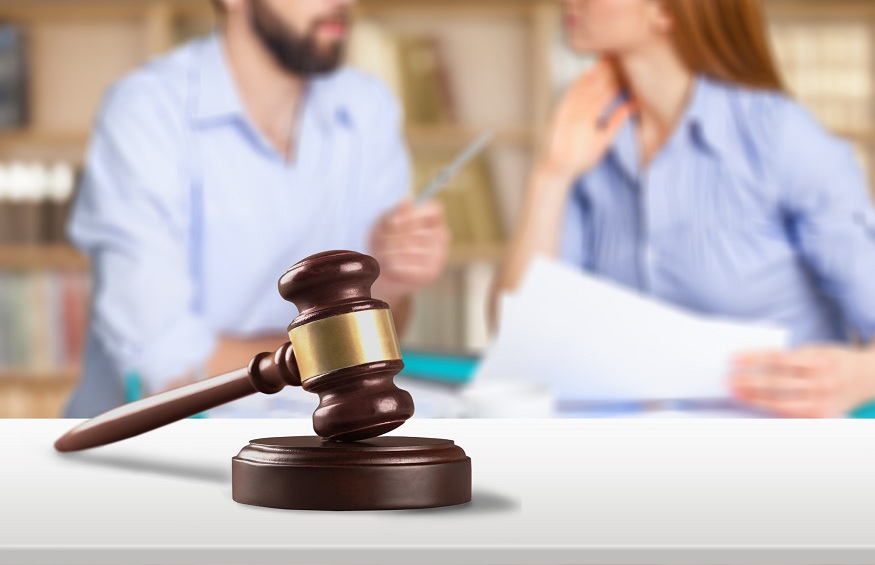When we or someone we know faces arrest, a bail hearing is one of the initial obstacles that will need to be navigated. A bail hearing determines whether the defendant— the person accused of a crime—can be released from custody while awaiting trial. It’s during this critical stage that a bail hearing attorney.
becomes indispensable. These lawyers specialize in representing defendants in court and arguing for their release, often by contending that the defendant is not a flight risk and poses no danger to the community.
At the bail hearing, the court considers various factors before deciding to grant or deny bail. This includes the nature and circumstances of the alleged offense, the weight of the evidence against the defendant, as well as the defendant’s history and ties to the community. Our role as defense attorneys is to present a strong case for our clients’ release, emphasizing their reliability and the assurance that they will appear for their trial. We understand the best legal strategies, the nuances of the court’s expectations, and the documentation needed to argue for the most favorable conditions of release.
Ensuring a positive outcome at a bail hearing is essential, as it allows defendants the freedom to assist in their defense and maintain their obligations, such as employment and family care, before their trial begins. We, as seasoned legal professionals, provide dedicated representation to defendants, seeking to secure their temporary freedom until the court reaches a verdict. Our goal is to navigate the legal system efficiently, making sure the defendant’s rights are upheld throughout the process.
Understanding Bail Hearings
Bail hearings are a critical step in the legal process, where we determine if the defendant can be released from custody pending trial. This decision hinges on several factors, including the possibility of flight and the safety of the community.
Bail Hearing Process and the Judge’s Role
During a bail hearing, a judge evaluates whether to grant bail and, if so, at what amount. Our primary objective is to ensure the defendant’s return for trial while considering public safety. We consider the strength of the evidence presented, the seriousness of the offense, and whether the defendant is a flight risk. Bail may be set based on a predetermined bail schedule, or at the judge’s discretion, factoring in the specifics of the case.
Factors Influencing Bail Decisions
Decisions on bail revolve around both the risk the defendant presents and the protection of the community. We scrutinize the defendant’s criminal history, perceived risk of violence, and the potential harm to public safety if released. Our assessment also incorporates the defendant’s ties to the community as a factor mitigating flight risk. Employment, family, and local reputation can sway our decision towards granting bail.
The Impact of Criminal History and Community Ties
We weigh the defendant’s past conduct heavily. A history of violence or previous failures to appear in court can significantly affect bail decisions. Conversely, strong community ties, such as family in the area or steady employment, can indicate a lower flight risk. In evaluating these factors, we aim to strike a balance between the risk a defendant might pose and the presumption of innocence until proven guilty.
Roles and Responsibilities in Bail Proceedings
We play distinct and critical roles during bail proceedings. Each party involved must meticulously understand and execute their duties to ensure justice and uphold the legal process.
The Defense Attorney’s Strategy
As defense attorneys, our primary responsibility is to advocate for our client’s release on bail. We aim to demonstrate that our client is neither a flight risk nor a danger to the community. Our approach includes:
- Presenting evidence and arguments at the arraignment to support a request for bail.
- Negotiating bail conditions that suit our client’s circumstances while satisfying the court’s concerns.
- Pursuing release on our client’s own recognizance when appropriate, arguing that no financial bond is necessary.
Prosecutor’s Considerations
Prosecutors are tasked with representing the community’s interests, ensuring that individuals who may pose a risk are not released inappropriately. Their duties encompass:
- Evaluating the case facts and the accused’s background to decide on an appropriate stance on bail.
- Proposing bail conditions or arguing against bail when there are grounds to believe the accused may reoffend or abscond.
- Addressing bail reform issues, balancing the need for pretrial containment with the rights of the accused.
Conditions and Restrictions of Bail
Judges determine suitable bail conditions to minimize risk and ensure the accused’s return for subsequent court appearances. This involves:
- Setting conditions like no-contact orders or travel restrictions, thus protecting potential victims and the community.
- Deciding on bond conditions, including the monetary amount or property to be pledged as security for release.
- Occasionally allowing pretrial release on the condition of regular check-ins or electronic monitoring.
In these proceedings, we bring forth our legal expertise to navigate the complexities of pretrial release, always striving for a balance between community safety and our client’s rights.

